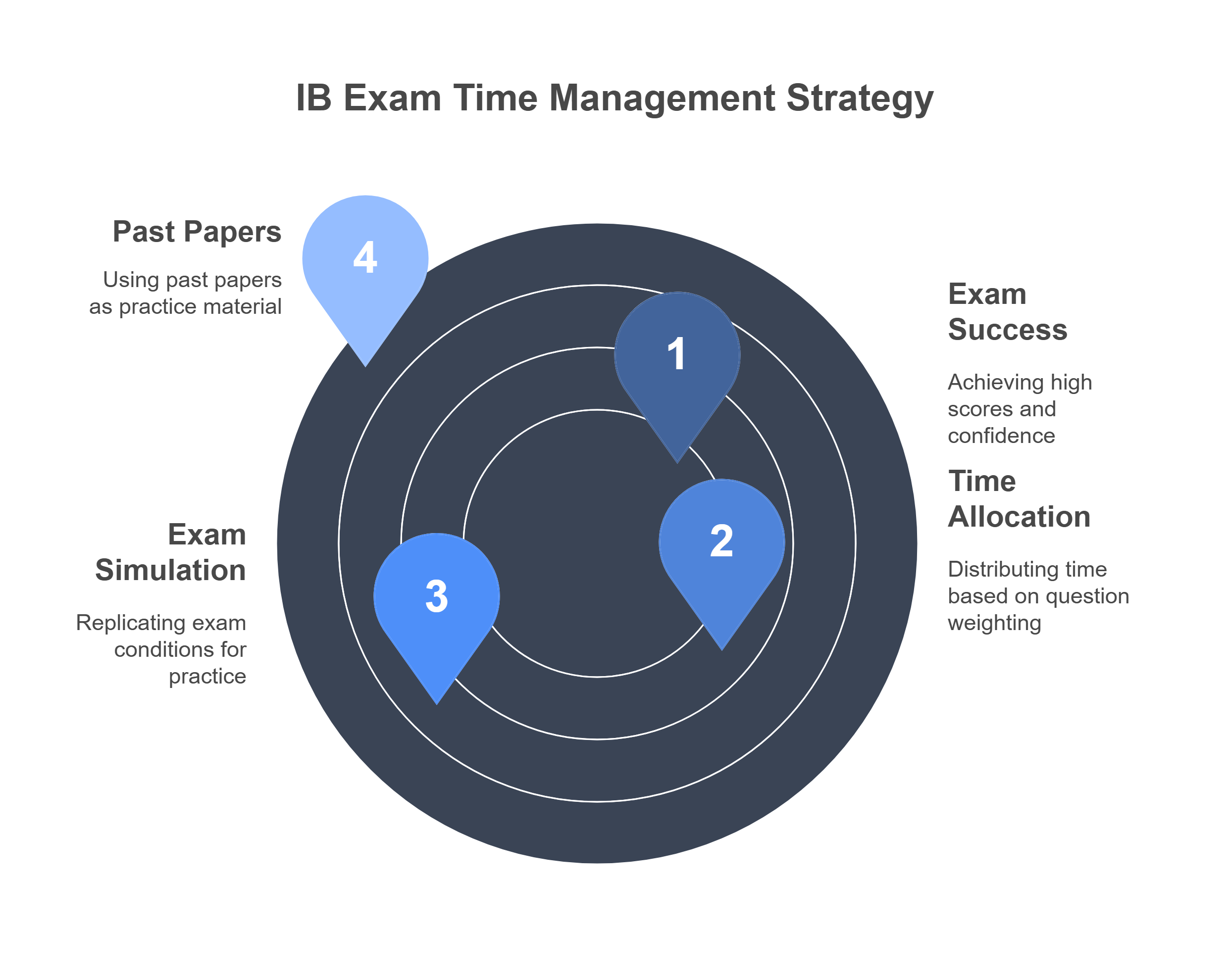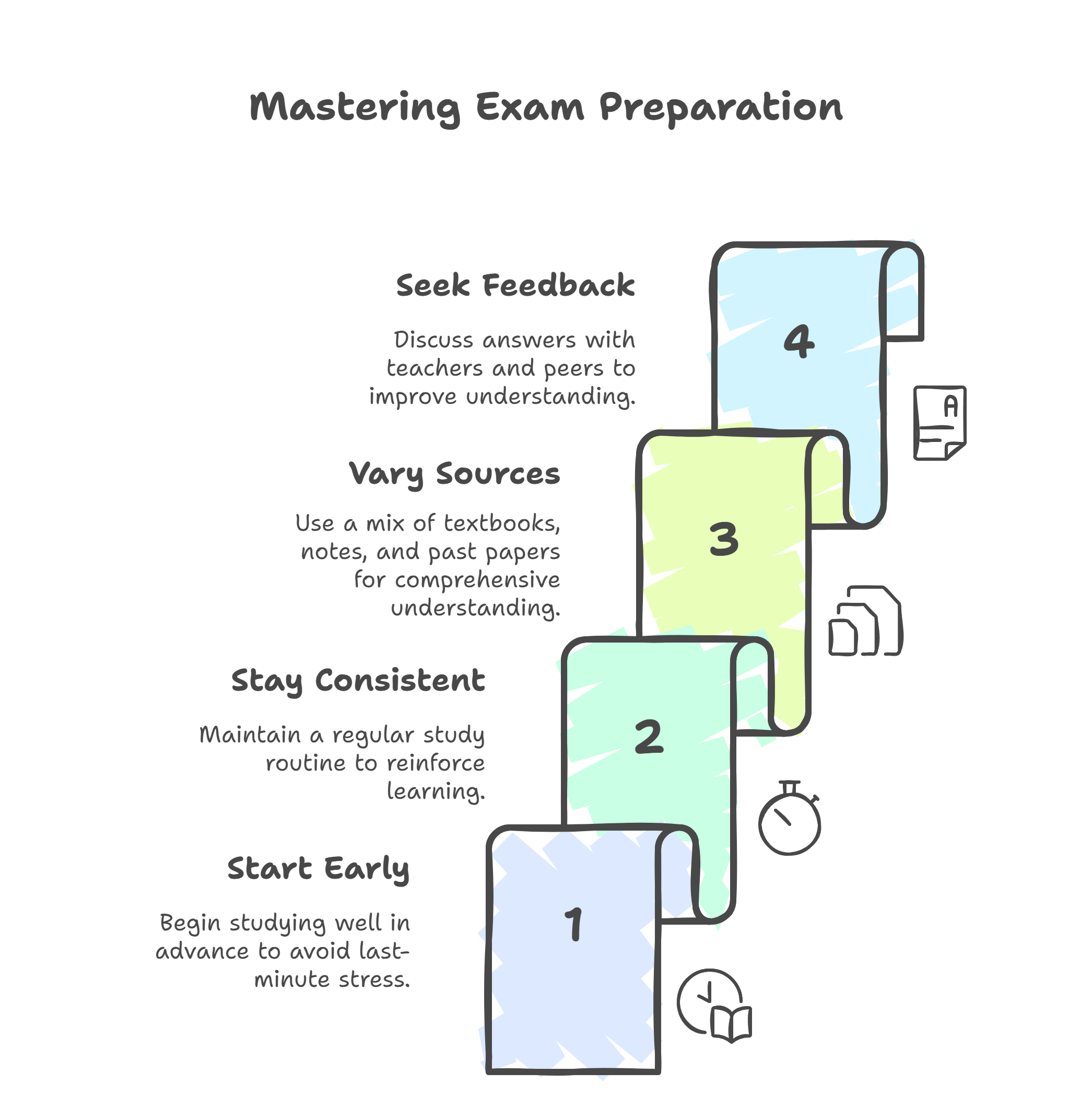The International Baccalaureate (IB) Diploma Programme is famous for its tough academic demands. Students everywhere aim to succeed in its difficult exams, but the secret to achieving top results often seems unclear. After years of speaking with high-achieving IB graduates, I’ve noticed a common theme in their experiences: they use past exam papers strategically. It’s not only about completing these papers but also about the way they go about practicing them.
Beyond Just Answering Questions
Many students treat past papers like practice tests, simply aiming to answer as many questions as possible. While this has its merits, truly effective use demands a more nuanced approach. Top scorers I’ve spoken with emphasize using past papers as a tool for understanding the IB’s assessment style, identifying knowledge gaps, and refining exam technique. Think of them as a roadmap to exam success, highlighting the terrain and revealing the shortcuts.
Deconstructing the Mark Scheme: The Key to Unlocking Top Marks
Imagine having a sneak peek into the examiner’s mind. That’s precisely what the mark scheme offers. Don’t just check your answers against it – dissect it. Understand the rationale behind each point awarded. A student I interviewed, who achieved a perfect score in Biology HL, shared, "I realized the mark scheme wasn't just about the 'right' answer, but the specific phrasing and depth of explanation expected." This insight transformed her approach, allowing her to tailor her answers for maximum credit.
Time Management: From Practice to Perfection
The pressure of the clock is a significant factor in IB exams. Past papers provide the perfect training ground to hone your time management skills. Don’t just aim to finish the paper; practice allocating time proportionally to each question's weighting. This is where timed, exam-condition practice becomes crucial. Simulate the real experience to build confidence and avoid the panic that can derail even the most prepared students.

Identifying and Conquering Weaknesses
Past papers serve as a diagnostic tool, revealing your areas of weakness. After completing a paper, meticulously review your mistakes. Don't just brush them off; analyze the underlying reasons. Is it a conceptual misunderstanding? A lack of specific knowledge? Or perhaps a weakness in exam technique? Once you pinpoint the problem, you can target your revision efforts with laser-like precision.
Creating a Personalized Study Plan
Past papers empower you to create a personalized study plan tailored to your unique needs. By identifying recurring areas of difficulty, you can prioritize the topics that require the most attention. This targeted approach optimizes your study time and ensures that you’re focusing on the areas where you can make the biggest gains.
- Start Early, Stay Consistent: Don't wait until the last minute. Integrate past papers into your study routine from the beginning.
- Vary Your Sources: While past papers are invaluable, don't neglect textbooks, class notes, and other learning resources.
- Seek Feedback: Discuss your answers with teachers or classmates to gain different perspectives and identify areas for improvement.

Conclusion: The Path to IB Success
Past papers aren't just a resource; they're a strategic tool that can unlock your full potential in the IB program. By approaching them strategically, you can gain invaluable insights into the exam format, refine your technique, and identify areas for improvement. Remember, it’s not about the quantity of papers you complete, but the quality of your engagement with them. Embrace the challenge, and let past papers illuminate your journey toward IB success.
















